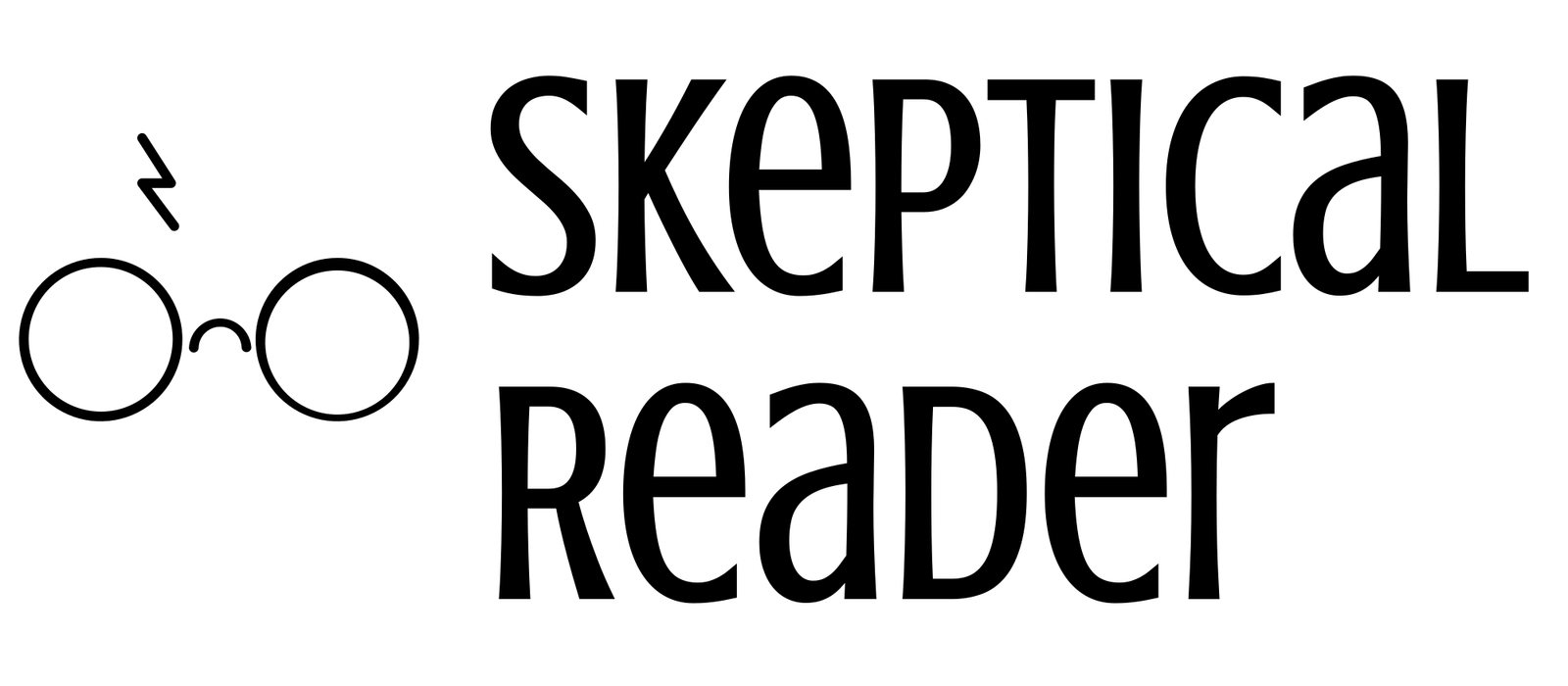What is your proxy for productivity?
Productivity, a crucial metric for measuring our performance in different parts of our life, refers to the ability to effectively accomplish tasks or goals within a given timeframe. Being productive means ensuring that our efforts lead to tangible and meaningful results rather than getting caught up in the illusion of mere busyness.
While productivity focuses on achieving meaningful results, we often rely on shortcuts to gauge our progress—these are often referred to as "proxy" for productivity. In simple terms, these proxies are shallow activities we use as a substitute to measure our productivity, but they don’t always represent the actual impact of our efforts.
Let me spark some questions in your mind to develop your intuition. For example, spending hours organizing your workspace might feel productive, but does it directly contribute to completing your work? or think about scrolling infographics in order to digest large information as smaller chunks and avoid the proactive and ambiguous approaches, does it truly enhances your understanding?
Proxies are tempting because they provide a quick sense of accomplishment. However, they can also mask inefficiencies and lead us to believe we’re achieving more than we actually are.
Let me share some snippets from Cal Newport's "Deep Work" which is a really popular and easy to read self help and productivity book (And I definitely recommend it if you are looking to improve your focus, efficiency, and overall effectiveness in both personal and professional life).
Newport highlights how many professionals, as Newport calls them knowledge workers, equate being busy with being productive. People often fill their days with shallow work like emails, meetings, and administrative tasks that create the illusion of progress but don’t contribute meaningfully to their goals. These type of activities might make you feel satisfying but they rarely yield substantial outcomes.
Newport differentiates between shallow work (low-value, easily replicable tasks) and deep work (focused, cognitively demanding tasks that create significant value). Many people lean on shallow work as their proxy for productivity because it’s easier to measure and provides instant gratification.
He further argues, specifically, busyness is an easy fallback because it’s visible and quantifiable. It’s simple to justify long hours and packed schedules as signs of productivity, even if the work itself is not impactful.
And in my case, I’ve realized that the shallow activities like checking social media and email often undermine my productivity and take away the time I need to focus on crucial tasks, such as completing my pending LinkedIn course or finishing a book I’m halfway through. I have never been so serious about my productivity until I understood how I’ve been making myself available to unnecessary distractions. These activities might give me a significant dopamine boost, but they ultimately yield no meaningful results.
Some activities I have been feeling productive which are rather proxies I realized after reading Cal Newport's "Deep Work" are seeking feedback too early from my instructors, peers, or friends, attending unnecessary gatherings, overplanning tasks in my to-do list which I have never executed, and the most addictive one—refreshing my email inbox, which barely brings some good news for me.
In a world where busyness often gets mistaken for productivity, it’s easy to fall into the trap of relying on proxies to measure our progress. While these activities may give us a temporary sense of accomplishment, they rarely lead to meaningful results. Meanwhile, consume big chunks of time from your life.
Are your daily efforts bringing you closer to your goals, or just keeping you busy? Are you prioritizing shallow activities over impactful ones? What are your proxies for productivity? Take a moment to reflect on whether your efforts truly align with your goals or if they’re not worth the time you sacrifice.
The next time you feel “busy,” pause and ask yourself—are you genuinely productive, or are you simply checking off tasks to feel like you are? After all, true productivity is not about doing more but about doing what brings quantifiable and meaningful results.





Good work